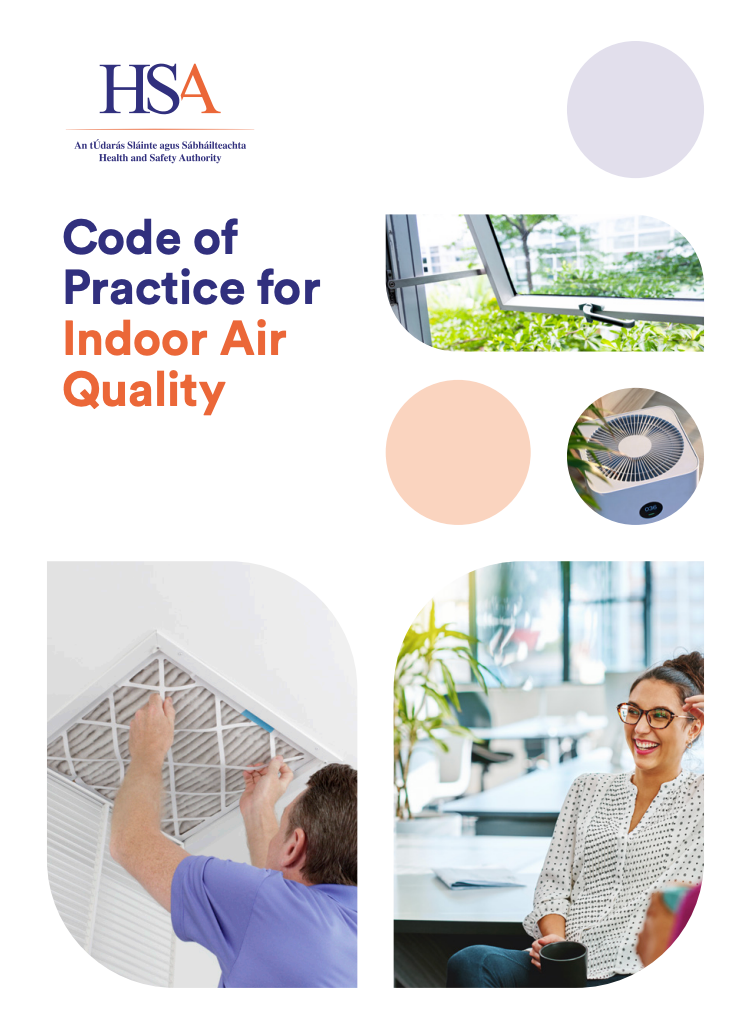Sick Building Syndrome
Sick Building Syndrome Explained
Have you ever heard someone joke that they are allergic to their workplace? Sometimes it’s more than just a bit of fun; there can be some actual truth behind it. Sick building syndrome is a real issue you may need to investigate on your premises.
What is Sick Building Syndrome?
Sick Building Syndrome negatively impacts a person's health and wellbeing due to prolonged exposure in a particular setting.
It is not uncommon for people to feel occasionally unwell and suffer from one or two of the most common symptoms of discomfort, like dry throat or sore eyes. However, sometimes people may suffer from these general feelings of unwellness more commonly due to continued exposure to a particular building. These symptoms are also heightened and made worse with the length of time spent inside the premises.
However, it should be noted that Sick Building Syndrome is not a recognised illness. Instead, it is a convenient term to describe a particular phenomenon that can not be diagnosed precisely.
Signs Your Workforce Suffer from Sick Building Syndrome
You may suspect that sick building syndrome is taking place on your premises if staff attitudes to work and efficiency see an impact. You should also look for an increase in absenteeism and staff turnover, as this clearly indicates that not all is well with your team. Similarly, reduced overtime and extended breaks may be early signs to consider.
Symptoms Associated with Sick Building Syndrome
According to the NHS, there are several symptoms caused by sick building syndrome and the severity of which is greatly increased with continued exposure to the building at fault.
Symptoms of sick building syndrome include:
- Headaches
- Blocked or runny nose
- Dry, itchy skin
- Dry, sore eyes or throat
- Cough or wheezing
- Rashes
- Tiredness and difficulty concentrating
What Causes Sick Building Syndrome?
As the name suggests, the cause of sick building syndrome is directly tied to the premises. However, beyond this, there is not a clear, single cause. It is believed to be a combination of poor ventilation, air quality, cleaning and maintenance.
Why You Should Be Concerned about Sick Building Syndrome
Tackling indoor air pollution has proven business benefits, so if you suspect it is an issue in your team, then you should not ignore it. The CBI calculates that 3 million workdays are lost to illnesses caused by air pollution, and they could be regained if air pollution levels are reduced to WHO recommended levels.
Air pollution has financial implications. It is responsible for between three and six million sick days annually, impacts employee wellbeing and productivity, and also affects cleaning processes, equipment efficiency and product quality.
As an employer, you must protect your staff. Legally, employers have a duty of care to improve air quality and protect employee health. COSHH Regulations require employers to assess the risk to their employees and to prevent or adequately control the exposure of employees to substances hazardous to health.
How We Can Help you Combat Sick Building Syndrome
At Ultra Protect, we can help you determine if your premises are suffering from poor air quality and offer advice and guidance on further products and services to rectify these issues.
Find out more about our air quality assessments and more information on the importance of air quality. You can also learn about the dangers of dust in the workplace and find out if you’re compliant ready in this area.
Contact Us
We will get back to you as soon as possible.
Please try again later.
Contact us
CONTACT US
Contact Us
We will get back to you as soon as possible.
Please try again later.
All Rights Reserved | Ultra Protect Ltd | Privacy Policy








